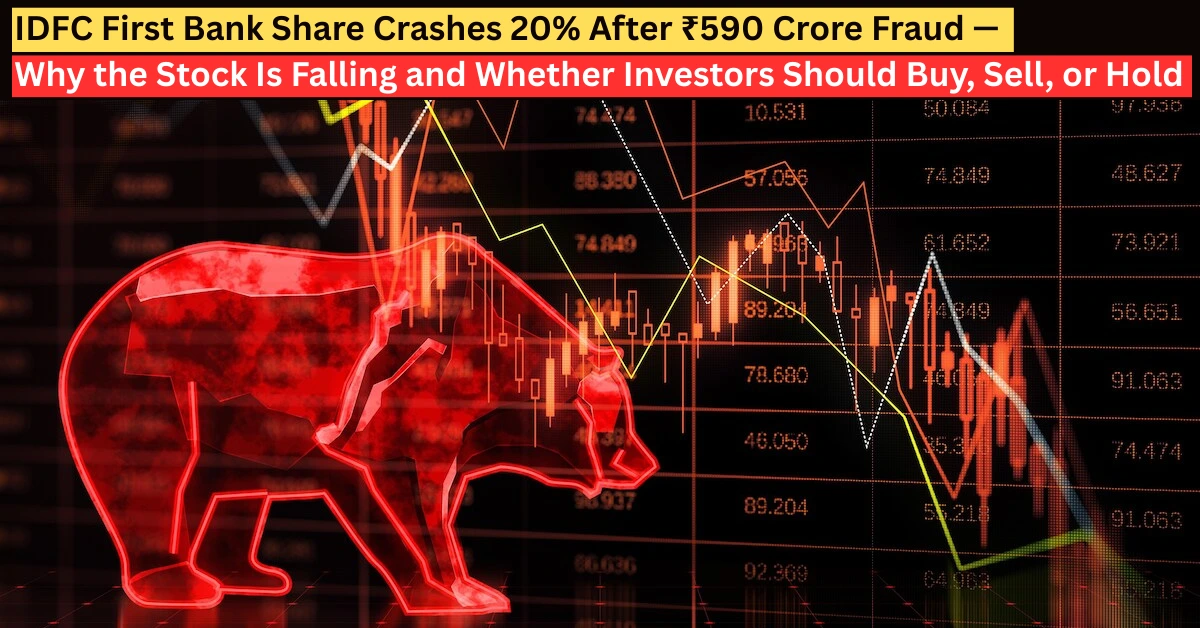Indian Stock Market Update:
Increasing geopolitical tensions between India and Pakistan — fueled by a terror strike in Kashmir — have induced jitteriness among investors, triggering profit-taking and increasing market volatility. Experts warn that tensions between India and Pakistan will continue to add uncertainty to the Indian stock market in the days ahead.
Latest Market Performance
In the last week, domestic equity indices were strong, with the Nifty 50 and BSE Sensex appreciating by 0.80% each to close at 24,039.35 and 79,212.53, respectively. Volatility marginally picked up, as evident from an 11% jump in the India VIX, unwinding part of the previous week's 23% drop.
Siddhartha Khemka, Head of Research, Motilal Oswal Financial Services Ltd., said,
After a positive beginning with positive global leads, Indian benchmark indices fell sharply following profit-booking on rising India-Pakistan tensions after the Pahalgam attacks in Kashmir. Nifty closed the day down 207 points (-0.9%) at 24,039.
Surprisingly, while most of the sectors saw a decline, Nifty IT defied the trend and ended with a 0.7% gain as it was driven by a recovery in the US tech-heavy Nasdaq index. Conversely, hospitality and aviation shares saw selling pressure due to fear that tourism will be affected due to the Kashmir incident.
Historical Perspective:
Vinod Nair of Geojit Financial Services highlighted the resilience of India to geopolitical jolts as he underlined the strength of the domestic economy.
“Foreign investors are expected to adopt a wait-and-watch stance. Historically, India has shown strong resilience during geopolitical tensions. Long-term investors could view this as an opportunity to accumulate quality stocks during dips,” Nair suggested.
Illustrative of this notion, an Anand Rathi report noted that with the exception of the Parliament attack in 2001, Indian markets hardly saw corrections larger than 2% in bouts with Pakistan. Even in 2001-02, overall global factors like a 30% fall in the S&P 500 came into play much more.
Markets have historically averaged a 7% correction during geopolitical flare-ups, the median being around 3%, said the report.
"Even if tensions rise dramatically, we expect the Nifty 50 not to correct by more than 5–10%."
It also recommended investors using the 65:35:20 asset allocation strategy to stick with their existing portfolios.
Market Outlook Amid India-Pakistan Tensions:
Investors are likely to keep a close watch on any fresh developments over the weekend, since Monday's market opening will greatly depend on geopolitical headlines.
The week began on a positive note with the Nifty crossing 24,000. But Friday's increased tension saw sharp selling, wiping out weekly gains before a late session recovery helped the index close slightly in the positive.
Rajesh Bhosale, Technical Analyst of Equities at Angel One, described,
"February-March swing highs break of the Nifty is a clear indication of a solid bullish breakout. Support levels are critical at 23,800–23,900. Breaking through this area in the event of rising tensions can see us drifting deeper into the correction around 23,500–23,300."
"Resistance on the upside is at 24,250–24,350. Breaking above that may affirm an ongoing uptrend, but traders need to be careful, as the next leg may not be as easy as the recent run."
Moreover, the Nifty Midcap Index crossed resistance at its 200-day simple moving average (DSMA), suggesting a selective strategy towards midcap stocks for the moment.
Disclaimer: This article is intended for educational purposes only. The recommendations and views expressed are those of individual analysts or brokerage houses, not of ICFM. Seek advice from a certified financial advisor prior to making investment decisions.








